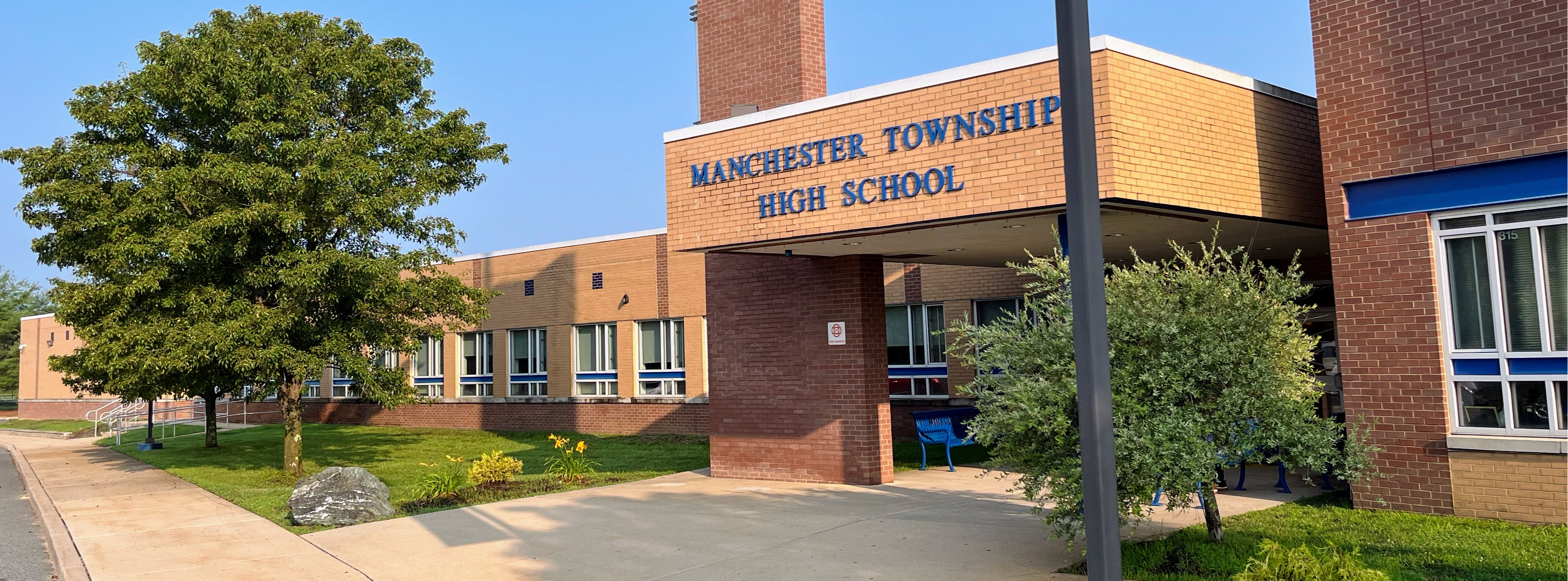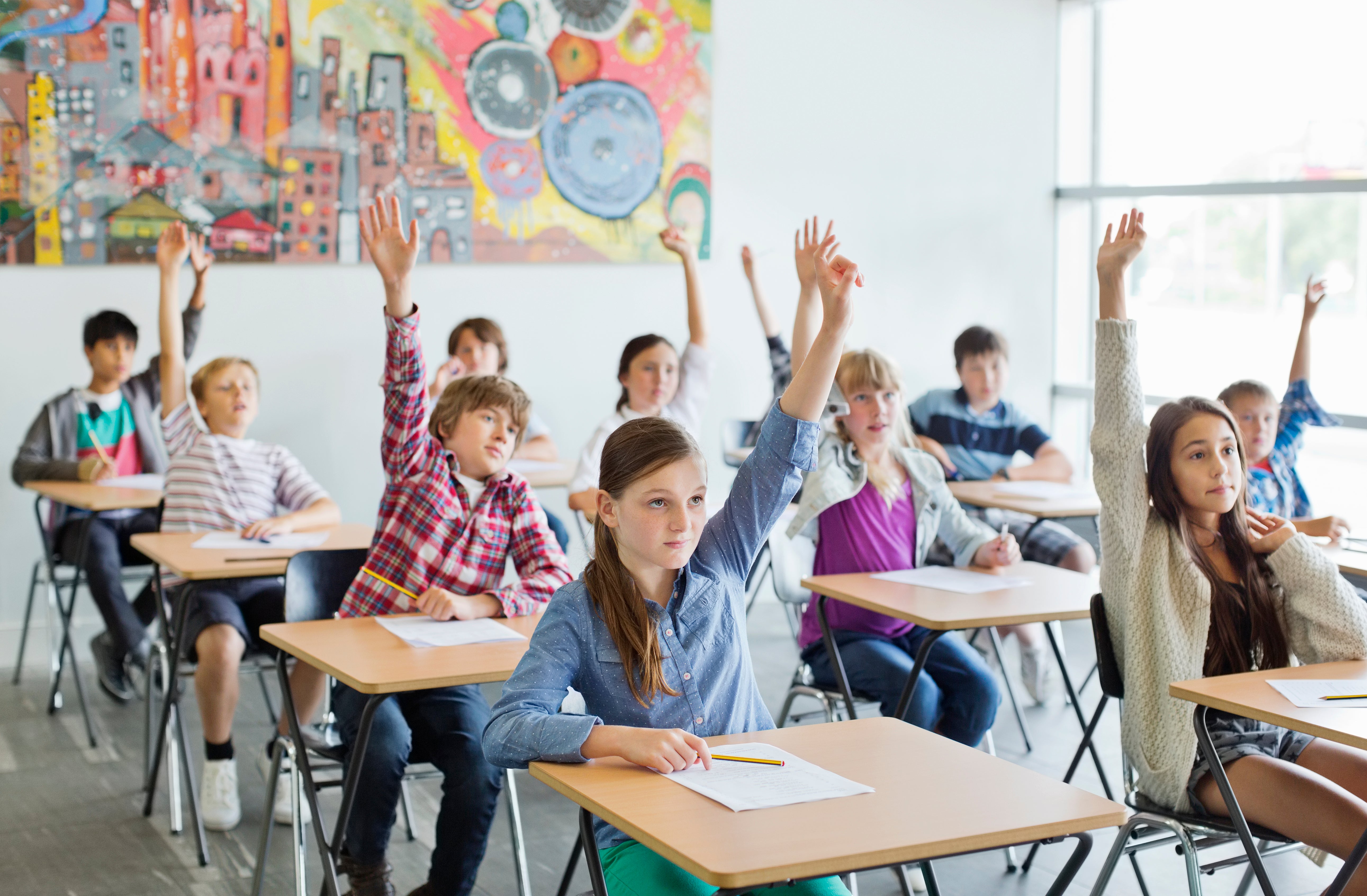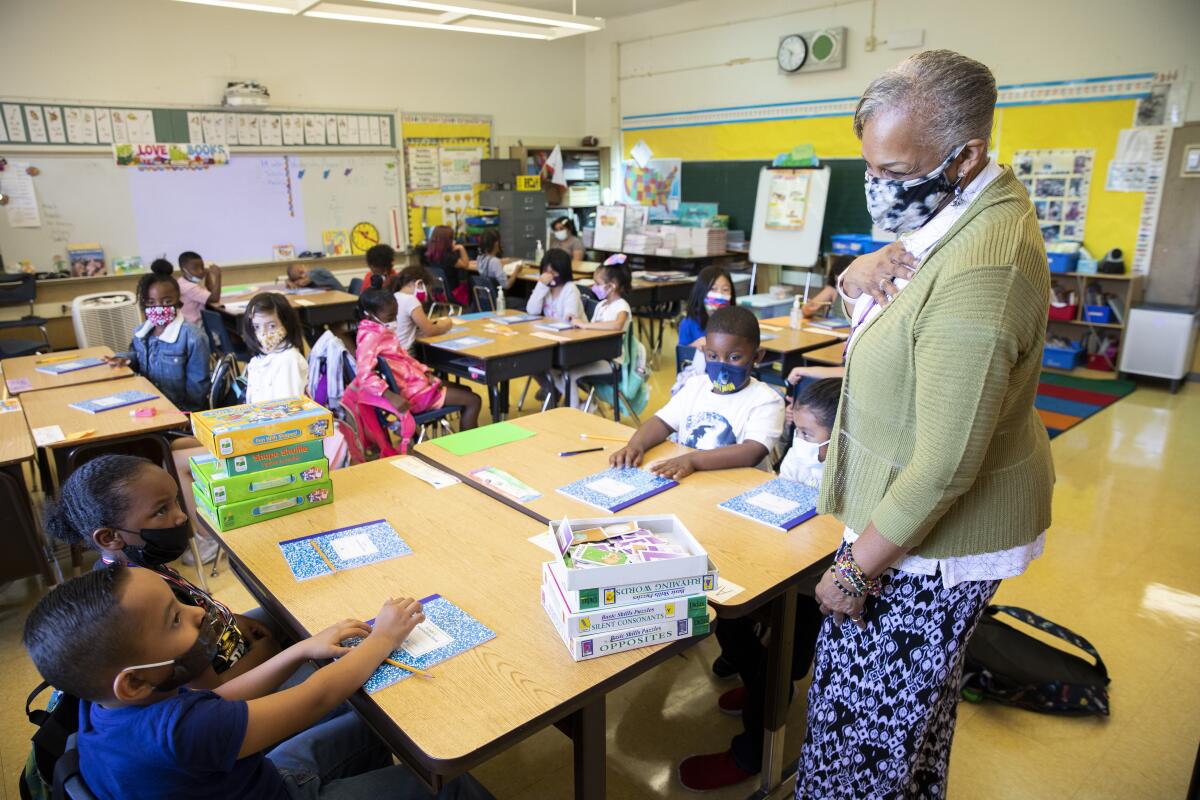The Significance of Local Support to Save Temecula Schools Today
Wiki Article
Understanding the Value of Colleges in Child Development and Neighborhood Development
Institutions' engagement with regional areas via service-learning campaigns enhances the bond between families and instructional institutions. This symbiotic connection highlights the importance of schools in supporting energetic citizenship and long-lasting discovering behaviors.Academic Accomplishment
Academic achievement works as a keystone of kid advancement, providing the structure whereupon future knowing and success are built. Schools play a crucial duty in promoting this scholastic development, providing organized atmospheres where children can acquire important expertise and cognitive skills. Standard curricula make sure that students gain effectiveness in core topics such as mathematics, scientific research, and language arts, which are critical for both higher education and learning and professional opportunities.In enhancement to passing on essential academic abilities, institutions also cultivate crucial thinking, problem-solving abilities, and intellectual curiosity. These cognitive competencies are crucial for browsing complicated real-world scenarios and adapting to the ever-evolving needs of the contemporary workplace. Educators, as facilitators of discovering, employ diverse pedagogical approaches to provide to varied discovering styles, thus optimizing specific trainee capacity.
In addition, academic success is carefully linked to self-worth and motivation. Youngsters that experience scholastic success are more probable to establish a positive self-concept and a lifelong interest for knowing. Colleges also offer different resources, such as collections and technology, which better enhance the educational experience and prepare students for a technologically advanced society.
Social Skill Development
Beyond scholastic achievement, the function of colleges in social skill advancement is crucial. Schools function as a primary venue for children to discover and exercise vital social skills such as participation, communication, and problem resolution. In the organized setting of a classroom, trainees connect with peers, educators, and other institution staff, using numerous opportunities to establish these essential abilities.Efficient social skill advancement in colleges is assisted in via team activities, collective projects, and extracurricular programs. These communications assist pupils recognize social norms, build compassion, and cultivate a sense of community. Group assignments teach pupils exactly how to function together towards an usual objective, listen to different perspectives, and browse differences constructively.

The cultivation of social skills throughout academic year lays a structure for future individual and expert relationships. Save Temecula Schools. As trainees grow, the ability to properly collaborate and communicate comes to be significantly crucial, underscoring the institution's important duty in holistic youngster growth
Direct Exposure to Variety
Direct exposure to diversity in schools is fundamental to cultivating a comprehensive frame of mind and widening pupils' perspectives. Schools serve as a microcosm of the more comprehensive society, and coming across varied societies, languages, and socioeconomic backgrounds within this atmosphere furnishes trainees with necessary skills for browsing a significantly globalized globe. This direct exposure motivates empathy, reduces prejudices, and advertises mutual regard amongst peers.Varied class also boost social and cognitive growth. Research study suggests that students who connect with peers from diverse backgrounds exhibit far better analytical skills and creativity. They find out to value different viewpoints, which improves classroom discussions and promotes a much more dynamic learning experience. Moreover, this understanding of variety prepares trainees for future work environments that value multicultural proficiency.

Area Engagement
The advantages of varied class prolong beyond the college walls, promoting a solid feeling of neighborhood engagement among students. By interacting with peers from numerous social, socioeconomic, and ethnic histories, pupils gain a wider point of view and a recognition for diversity. This exposure urges them to come to be energetic people that want to contribute favorably to their communities.Colleges that stress area involvement typically include service-learning tasks, which enable pupils to address real-world problems while applying academic abilities. These tasks not only boost students' understanding of their coursework but additionally infuse a feeling of obligation and compassion. In addition, collaborations between schools and neighborhood companies give trainees with chances to join neighborhood occasions, further strengthening their function as proactive area members.
Furthermore, adult and area involvement in schools enhances the bond between educational establishments and the neighborhoods they serve. Through these initiatives, institutions play a click here now crucial function in supporting area engagement and cultivating societal development.
Lifelong Learning Habits
Creating lifelong discovering behaviors is important for a kid's continual development and versatility visit in an ever-changing globe. Institutions play an essential duty in instilling these behaviors by creating an environment that fosters interest, important reasoning, and a love for expertise. Via extracurricular tasks and varied educational programs, teachers motivate students to explore various topics, assess details seriously, and use their discovering to real-world situations.
In addition, institutions offer an organized setting where kids can establish self-control and time administration abilities, both of which are critical for constant discovering. By emphasizing the importance of setting goals, assessing progression, and adjusting methods, schools prepare students to navigate the complexities of adult life, ensuring they stay long-lasting students and factors to culture.
Final Thought
In conclusion, schools are essential in fostering youngster growth and community growth by providing settings favorable to academic accomplishment, social ability advancement, and exposure to variety. Eventually, schools cultivate lifelong learning behaviors, furnishing individuals with the essential understanding and skills to contribute favorably to society.In the organized setting of a pop over to these guys classroom, pupils engage with peers, teachers, and various other college personnel, providing countless opportunities to establish these critical capacities.
In significance, direct exposure to variety within schools not just enriches individual trainees but additionally reinforces the social fabric of the neighborhood as a whole.
The advantages of varied classrooms extend beyond the institution wall surfaces, fostering a strong feeling of area interaction amongst pupils.Institutions that stress area interaction commonly include service-learning projects, which enable trainees to attend to real-world troubles while using academic skills. Partnerships in between institutions and neighborhood companies offer students with opportunities to participate in neighborhood events, even more strengthening their role as aggressive area participants.
Report this wiki page